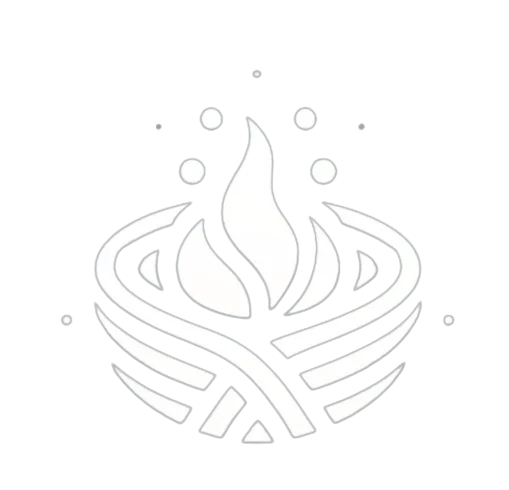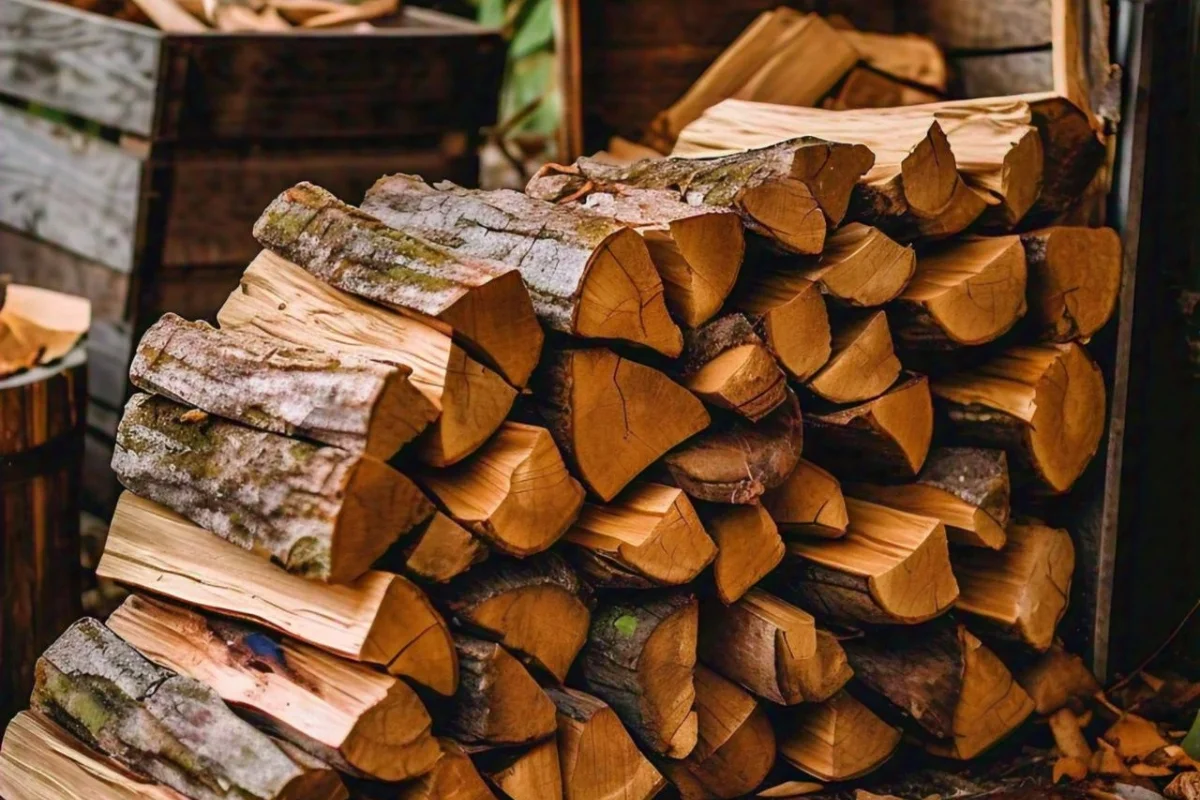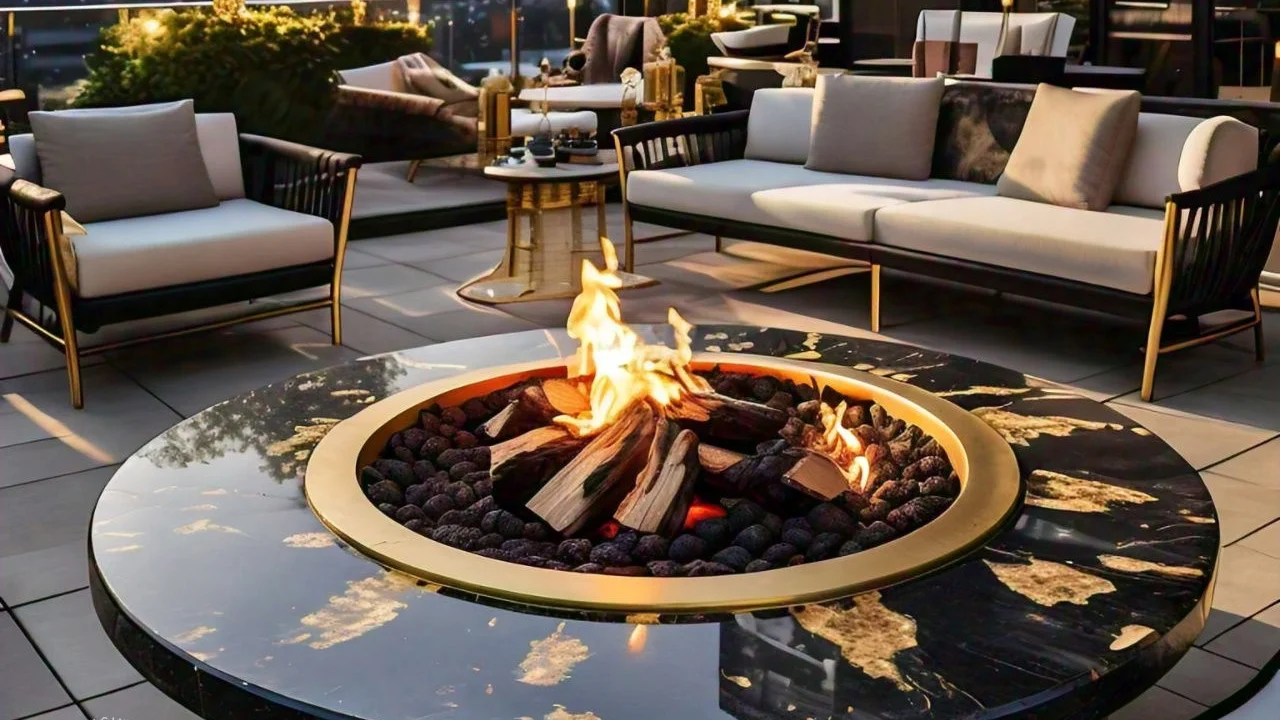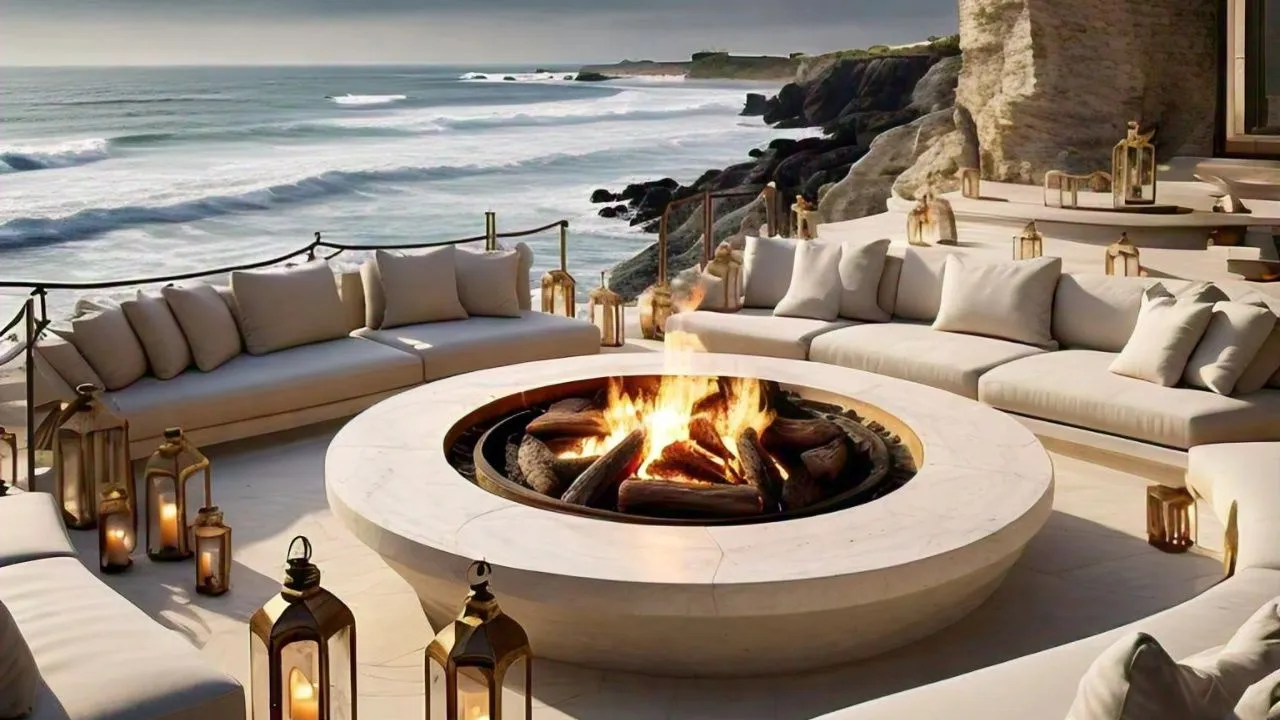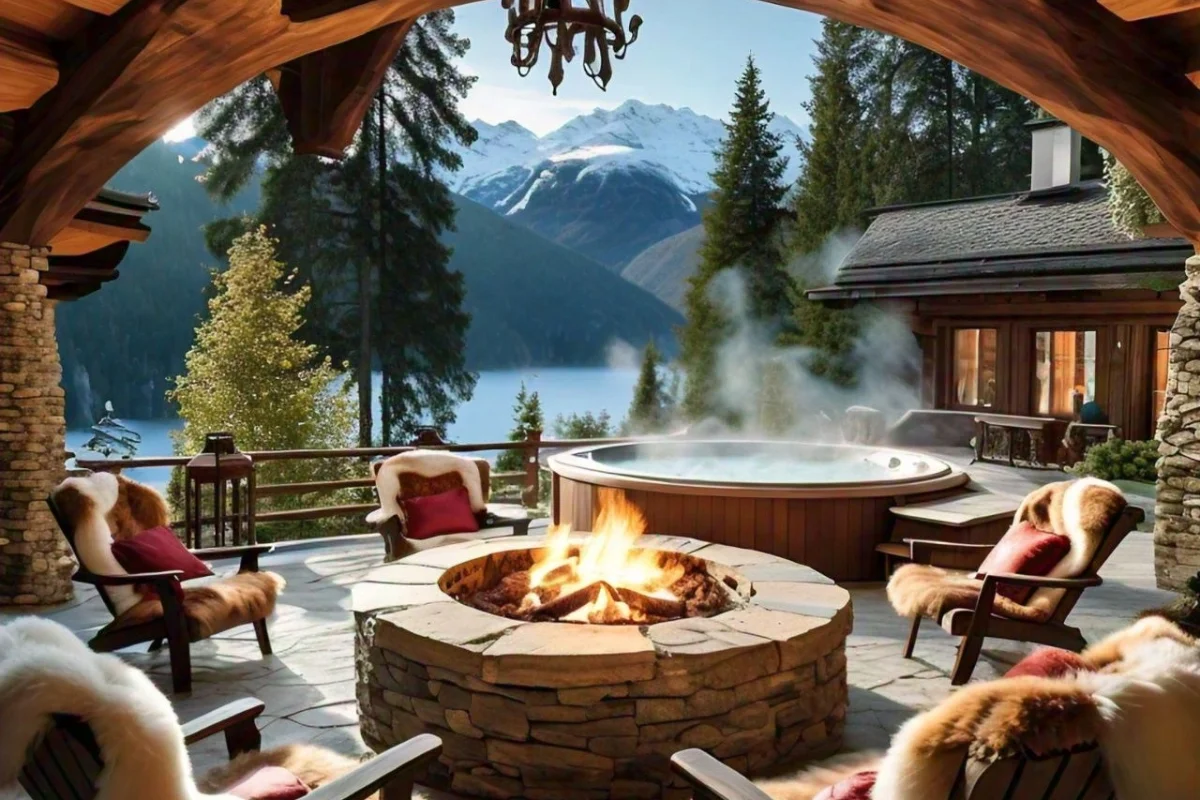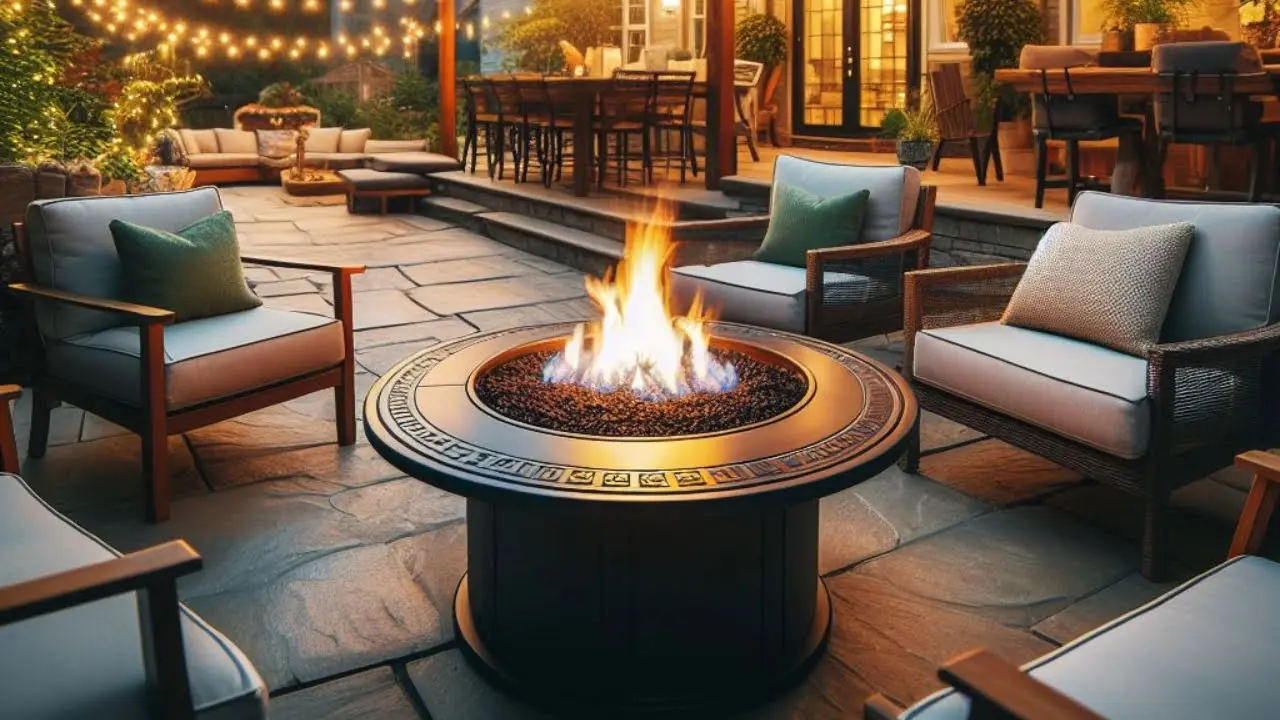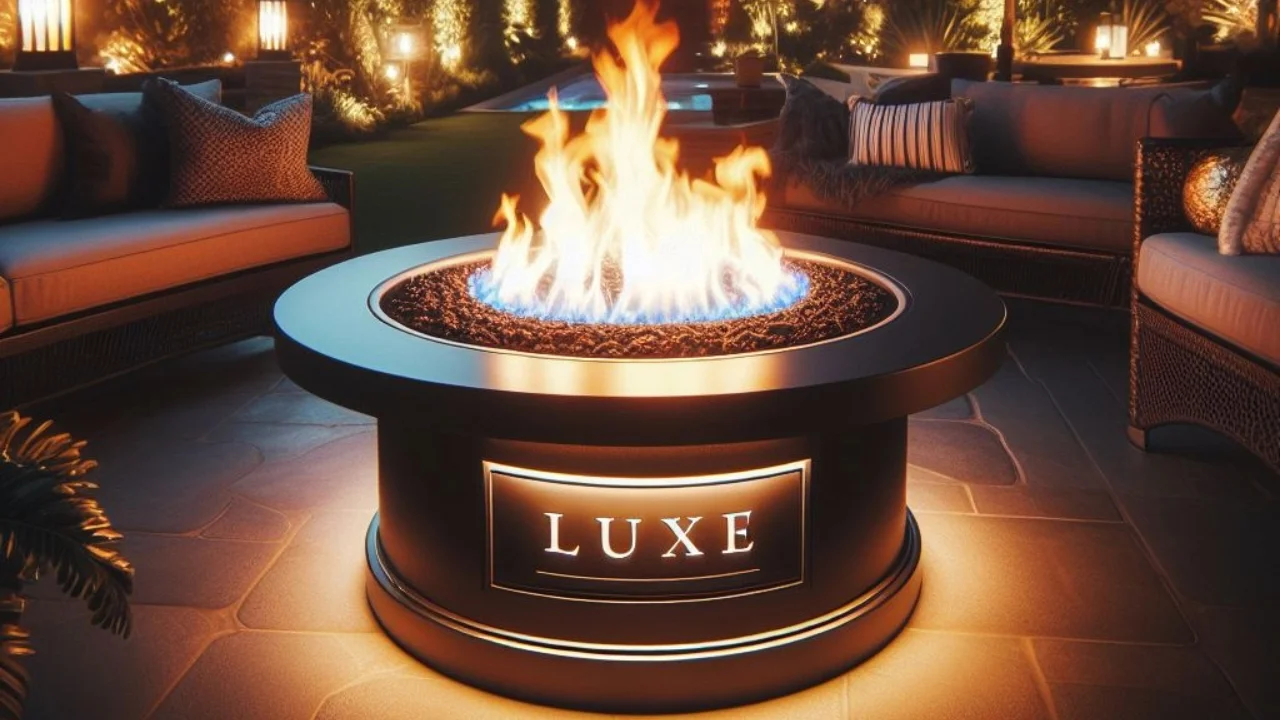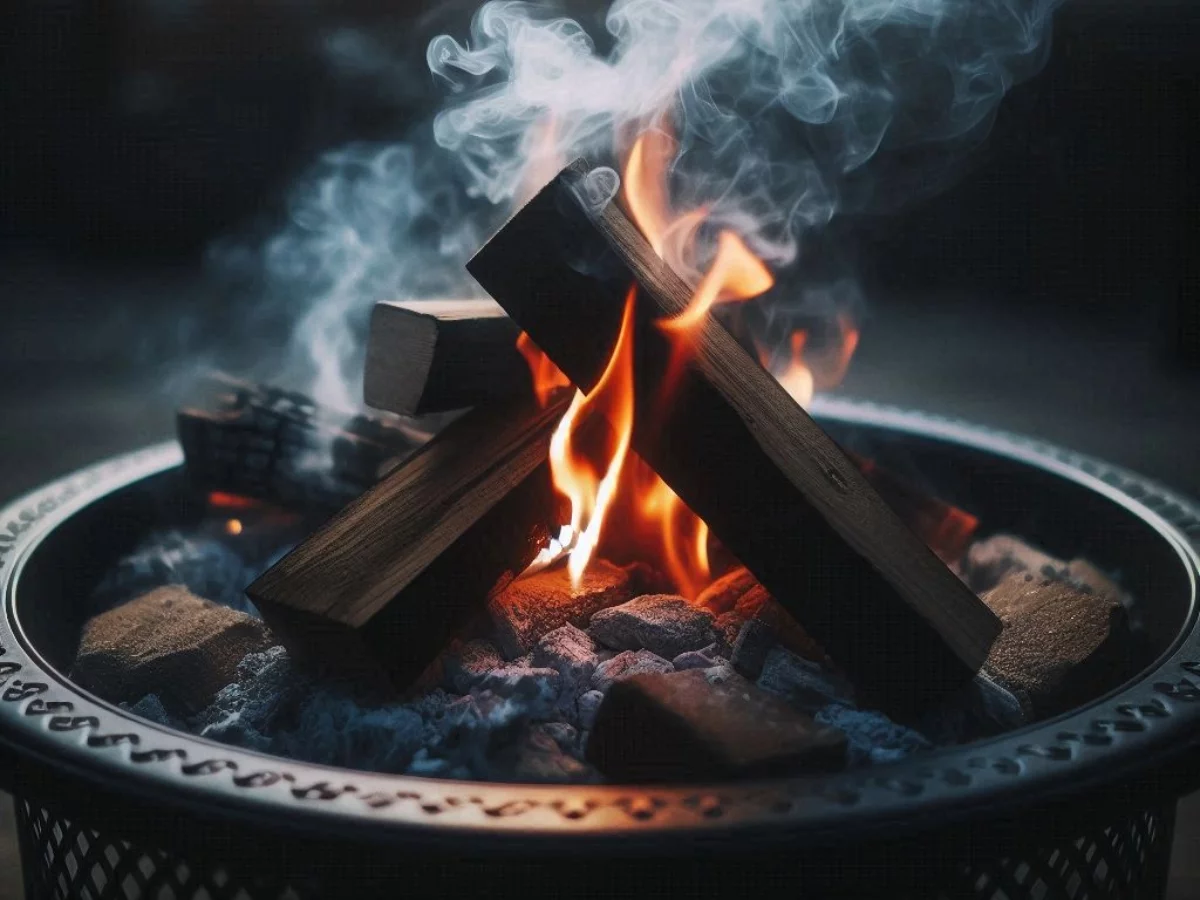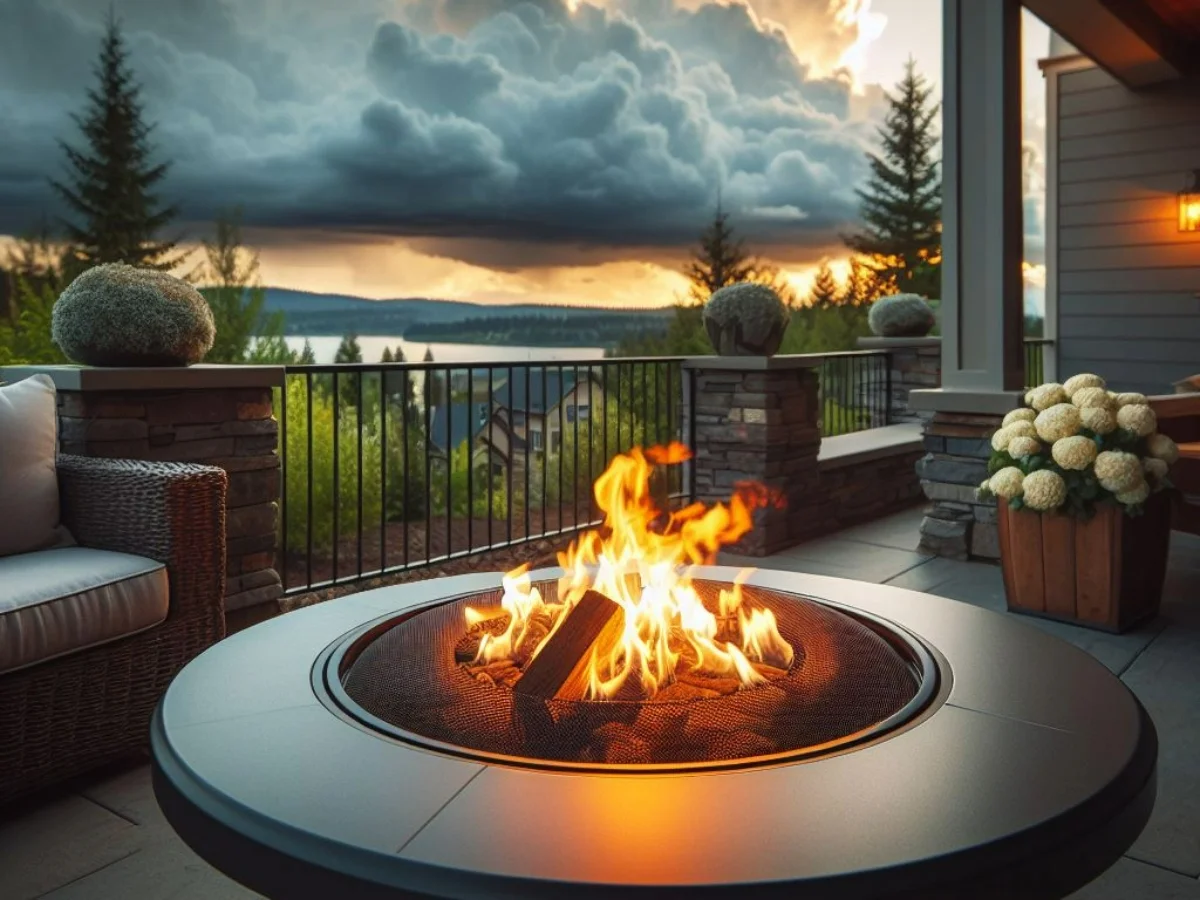
A propane fire pit is a wonderful addition to any backyard. You can enjoy the warmth and ambiance of your fire pit while you gather around, roast marshmallows and drink a cold beverage. If you are listening closely, you may ask: do propane fire pits make noise? The answer is yes! But not all sounds are created equal. By knowing what to listen for, you will be able to easily distinguish between the happy fire sounds and the not-so-good sounds. Let our guide to what sounds a fire pit makes help you understand what you and your guests should and should not be hearing.
Do Propane Fire Pits Make Noise?
Propane fire pit tables are popular largely because of their ability to generate a cozy atmosphere in outdoor spaces. Noise is often the last thing you need in such an ambiance, and when it comes to fire pits, propane fire pit tables aren’t known for creating much noise themselves. Unlike traditional fire pits that require firewood and can create quite a racket when the wood starts crackling and popping, propane fire pit tables often make sounds that are very mild. Hum, whistle and other soft sounds accompany the combustion process. When talking about normal operation sounds, there are two faint sounds that you might possibly hear while sitting near a propane fire pit.
Hissing of Gas Flow
As propane is released from the nozzles and then ignited, you might hear a faint hiss as the gas flows through the burner system. This isn’t something that should at all be distracting and becomes largely unnoticeable within moments of the fire lighting up.
Gentle Crackling of Flames
There’s a gentle crackling sound that the flames can make as the propane gas ignites. It’s a sound that adds to the ambience and warmth, yet won’t be as loud and noticeable as in a fire pit that uses firewood.
Addressing Unusual Noises
Propane fire pits are naturally quiet, but many people hear whistling or other unexpected noises from time to time. It’s important to get to the root of the problem so you can have a peaceful outdoor experience again.
Whistling Sounds
Whistling sounds emanating from a propane fire pit are often indicative of underlying issues that require attention. These high-pitched noises may vary in intensity and can be intermittent or continuous, depending on the root cause. Identifying whistling sounds early on is crucial for implementing timely solutions and restoring the tranquility of the outdoor environment.
Common Causes of Whistling
Several factors can contribute to whistling noises in propane fire pits, including:
1. Flex Line Problems
The gas connector, also known as a flex line, is the part that runs from the fire pit to the propane supply. If this line has any issues, the gas can move through it in a non-linear fashion. This non-linear movement leads to a lot of turbulence, which is what causes your gas fire pit to whistle.
2. High Gas Pressure
High gas supply pressure can also lead to whistling. This is due to the fact that too much pressure makes the gas move in all kinds of directions instead of going straight up and out of your gas fire pit. Gas pressure can get too high if your regulator isn’t adjusted properly or if the propane supply is fluctuating.
Troubleshooting and Solutions
A propane fire pit that makes whistling noises is a sure way to ruin a pleasant evening. Fortunately, you can take a few systematic steps to solve this annoying issue:
Upgrading to “Whistle-Free” Gas Lines
The first of which is to upgrade to “whistle-free” gas lines. These specially-engineered gas connectors are designed to eliminate noise by limiting the opportunity for gas flow to become disrupted, as it does when standard flex lines develop kinks or corrugations. Instead, specially designed “whistle-free” gas lines ensure gas flows smoothly and continuously with no extraneous noise; using these quality gas lines ensures greatly reduced sound and a better outdoor fire pit experience all around.
Adjusting Gas Pressure Settings
When the gas pressure in the propane supply line is higher than it should be, the gas flows rapidly and in an unpredictable and turbulent manner as it passes through the burner system, and that causes the whistling noise. Use the pressure regulator to reduce the pressure levels until there is a constant stream of gas at a consistent flow rate. Ensure you follow the instructions in the manufacturer’s guidelines or hire a professional to adjust gas pressure settings.
